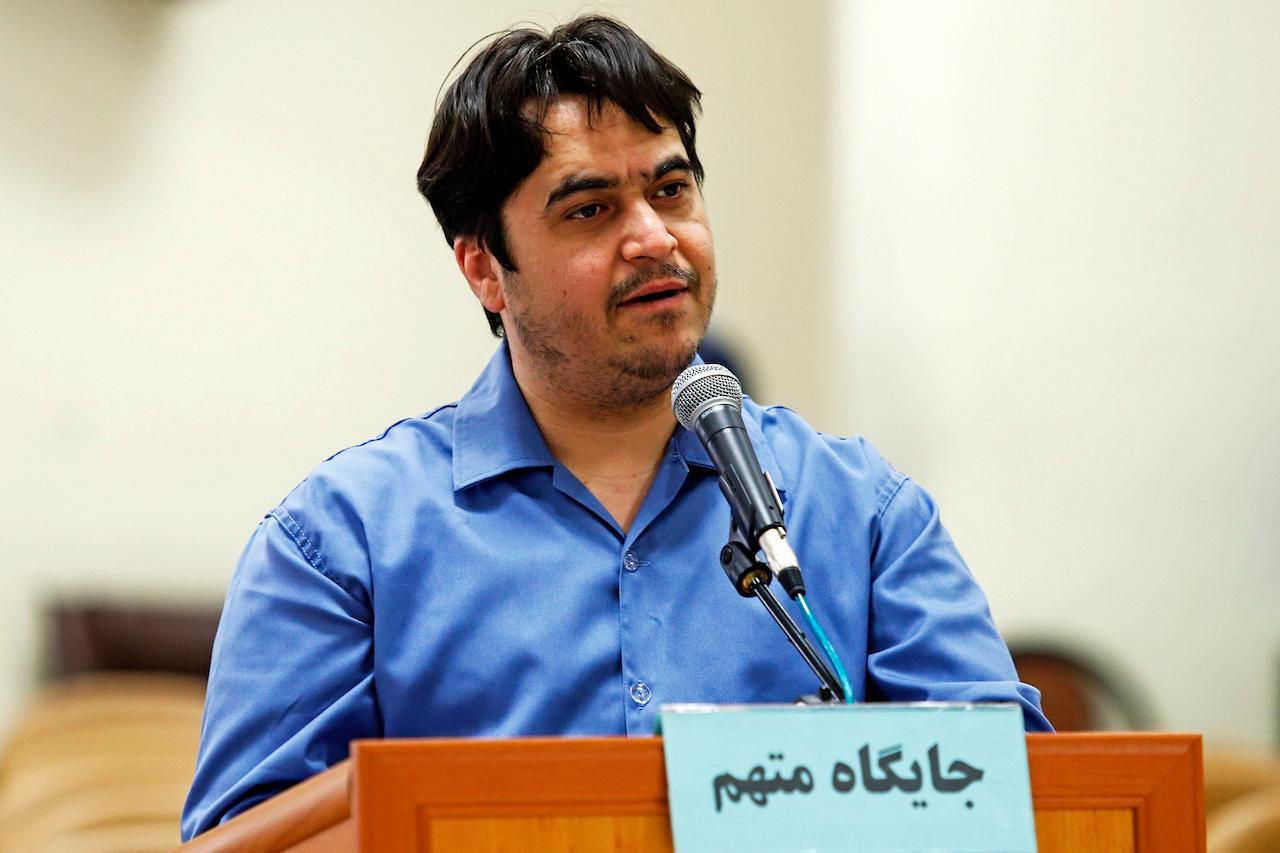Europeans boycott Iranian business forum over dissident’s execution
Exiled journalist was lured back, convicted of 'corruption on earth' and hanged by the clerical authorities.
After the hanging of an Iranian opposition journalist on Saturday, four European countries have now withdrawn from an online business forum in the Iranian capital, Tehran.
The ambassadors boycotting the forum, scheduled for today, are from France, Germany, Italy and Austria.
France called the execution of Ruhollah Zam, 47, “barbaric and unacceptable” and said it ran counter to Iran’s international obligations. Amnesty International, press advocacy group Reporters Without Borders, and the EU also strongly condemned the execution “in the strongest terms”.
The organisers of the Europe-Iran business forum have now postponed the event.
Zam’s popular anti-government Telegram channel Amadnews had roughly 1.4 million subscribers exchanging stories and opinions in opposition to the country’s clerical regime, which accused him of inciting violent protests in 2017.
He had been living in exile in France until 2019 when the Islamic Revolutionary Guard Corps lured him back to Iraq, captured him there and took him to Iran.
He was convicted of “corruption on earth” – one of Iran’s most serious offences.
Human rights organisation Amnesty International said he had been the victim of “an unfair trial that relied on forced confessions”.
After his hanging, France announced on Twitter that its ambassador to Iran would not participate in the Europe-Iran Business Forum, along with the three other envoys. At the foot of the tweet the ministry used the hashtag #nobusinessasusual.
France and its European allies have been trying to keep alive a 2015 nuclear deal between Iran and major powers, partly to save the Iranian economy from collapse, while confronting Washington’s efforts to kill the accord.
The new friction over human rights comes as US president-elect Joe Biden, who is set to take office on Jan 20, has said he will return the US to the Obama-era deal if Iran resumes compliance with the agreement.
Subscribe to our newsletter
To be updated with all the latest news and analyses daily.
